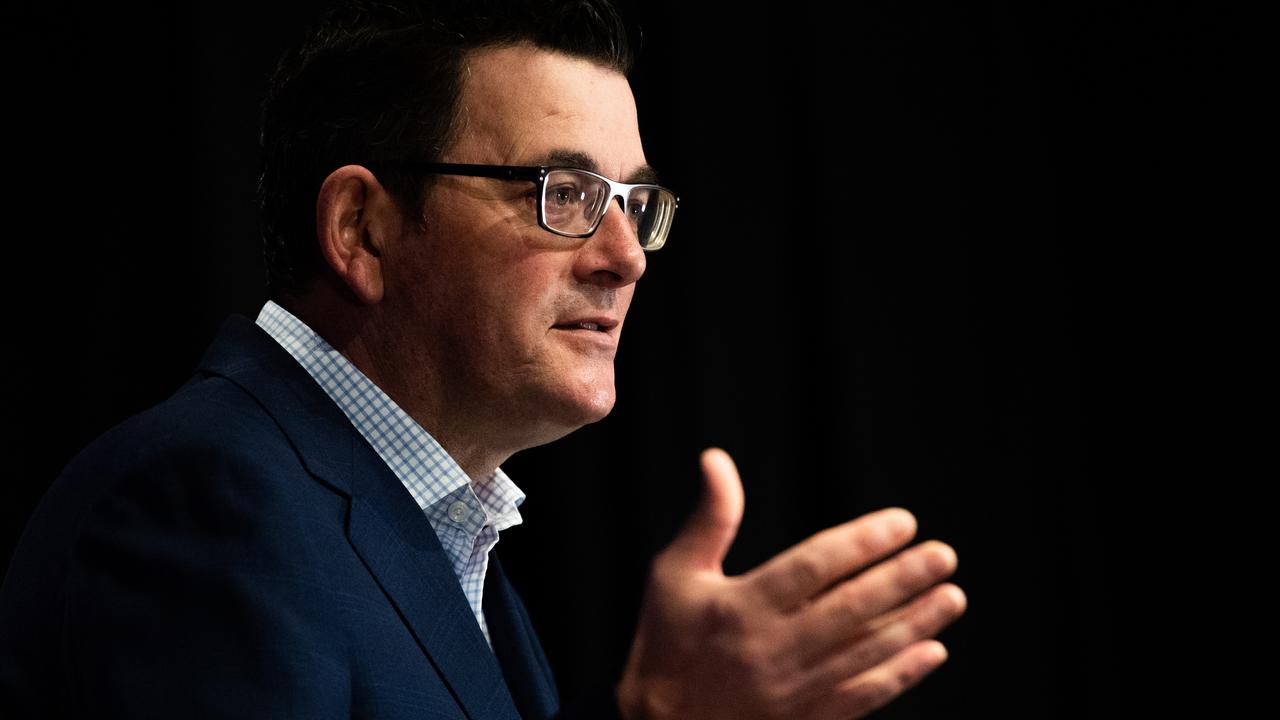Rita Panahi: Poor programming to blame for Channel Ten woes
GIVING audiences more than tired US imports, tacky reality shows and lame Left-wing programs would go some way to pulling Channel Ten out of the mire, writes Rita Panahi.

CONTENT is king. If you want to know why Channel Ten is struggling then look no further than the station’s programming.
Last night viewers were subjected to The Project, followed by MasterChef, then no fewer than three episodes of NCIS and NCIS Los Angeles, followed by a repeat of The Project.
It shouldn’t surprise too many that Ten struggles to find an audience with ratings, revenue and share price circling the drain.
The company has recorded massive losses and its share price fell to just 16 cents making the
company worth as little as $58 million; a fraction of the market value of competitors Nine and Seven.
Unless you’re a government funded entity like the ABC or SBS, then you live and die by your
audience numbers.
Today Ten was placed into voluntary administration.

In a statement to the Australian Stock Exchange the directors of Ten expressed regret for the circumstances that “have come to pass” and thanked staff and contractors for their commitment to the network.
“This decision follows correspondence received from Illyria and Birketu over the weekend which left the directors with no choice but to appoint administrators,” the statement said.
More Rita Panahi:
Council clowns are a costly joke
Sexism depends on the side you’re on
“The administrators have advised the company that they will work closely with management,
employees, suppliers and content partners while they undertake a financial and operational
assessment of the business. During this period, the administrators intend to continue operations as much as possible on a business-as-usual basis.”
If you don’t have a product that appeals to a broad audience then you will struggle to survive and for too long Ten has neglected the bulk of TV viewers with programs that appeal to certain
demographics.

Some very wealthy people have lost a great deal of money through their investment in Ten and it remains to be seen if one or more of those long suffering shareholders will bail out the station or if a private equity firm steps in to pick up Ten at a bargain price.
The network has renegotiated costly programming contracts with US studios and cut costs elsewhere and with the right management and programming could be a financial success.
But as it stands Ten is in a perilous position if a “saviour” isn’t found or if cross media ownership laws aren’t belatedly changed.
It’s ludicrous that such regulations remain despite the extraordinary changes that the media industry has experienced in the past two decades.
Despite the shortcomings in much of its programming, Ten employs a multitude of talented people whose jobs are in jeopardy through no fault of their own.
It is a golden age for television but in Australia the standard of local productions leaves a great deal to be desired.
Giving TV audiences something other than tired US imports, tacky reality shows and lame Left-wing programs would be a welcome change and would boost Ten’s audience considerably.



